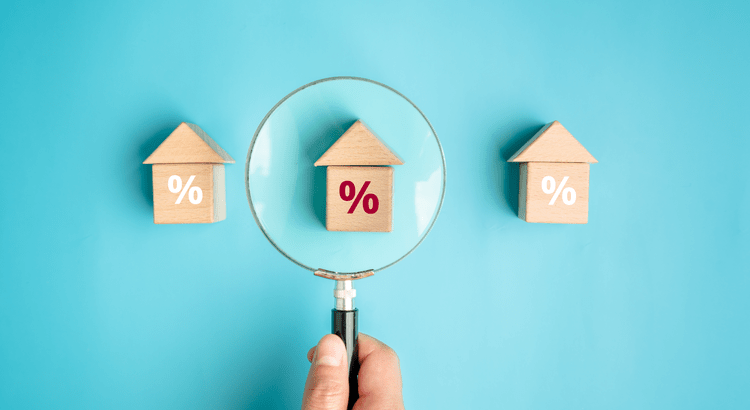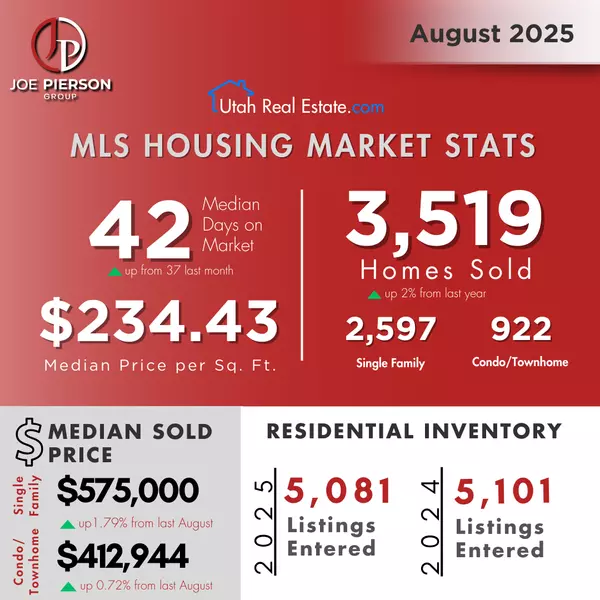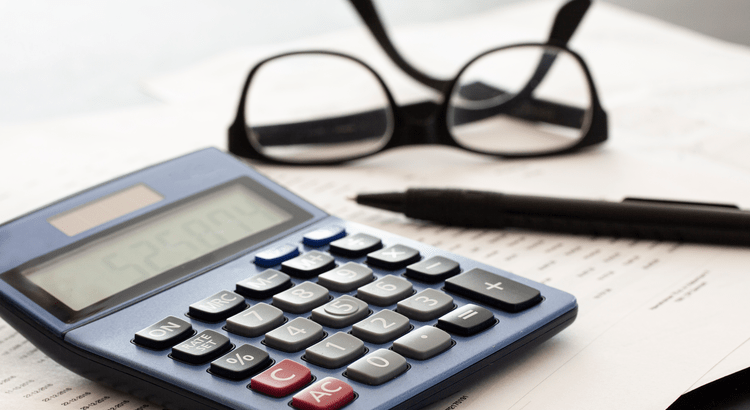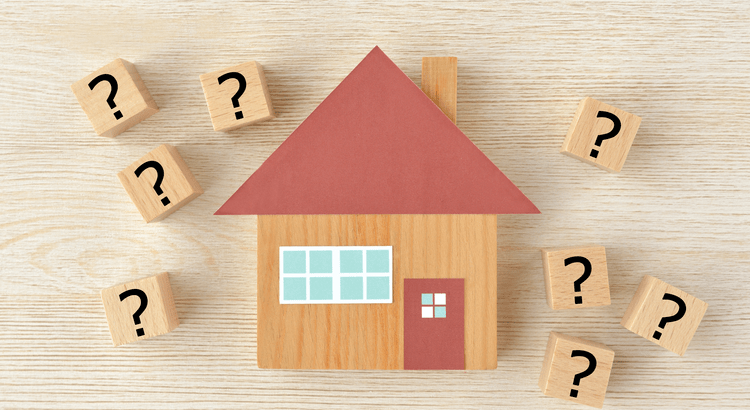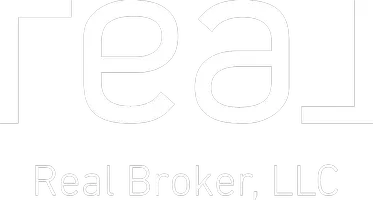Here’s What a Recession Could Mean for the Housing Market

Here’s What a Recession Could Mean for the Housing Market

Recession talk is all over the news, and the odds of a recession are rising this year. And that leaves people wondering what would happen to the housing market if we do go into a recession.
Let’s take a look at some historical data to show what’s happened in housing for each recession going all the way back to the 1980s.
A Recession Doesn’t Mean Home Prices Will Fall
Many people think that if a recession hits, home prices will fall like they did in 2008. But that was an exception, not the rule. It was the only time we saw such a steep drop in prices. And it hasn’t happened since.
In fact, according to data from CoreLogic, in four of the last six recessions, home prices actually went up (see graph below):
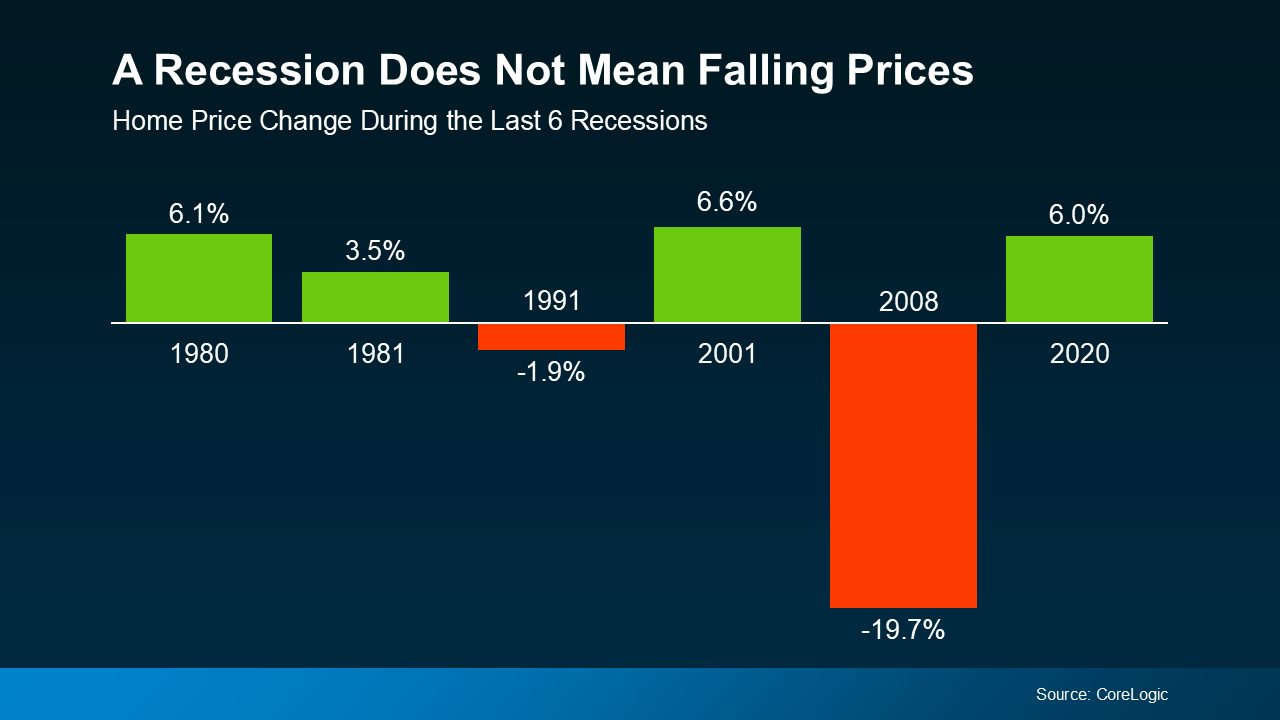
So, if you’re thinking about buying or selling a home, don’t assume a recession will lead to a crash in home prices. The data simply doesn’t support that idea. Instead, home prices usually follow whatever trajectory they’re already on. And right now, nationally, home prices are still rising at a more normal pace.
Mortgage Rates Typically Decline During Recessions
While home prices tend to stay on their current path, mortgage rates usually drop during economic slowdowns. Again, looking at data from the last six recessions, mortgage rates fell each time (see graph below):
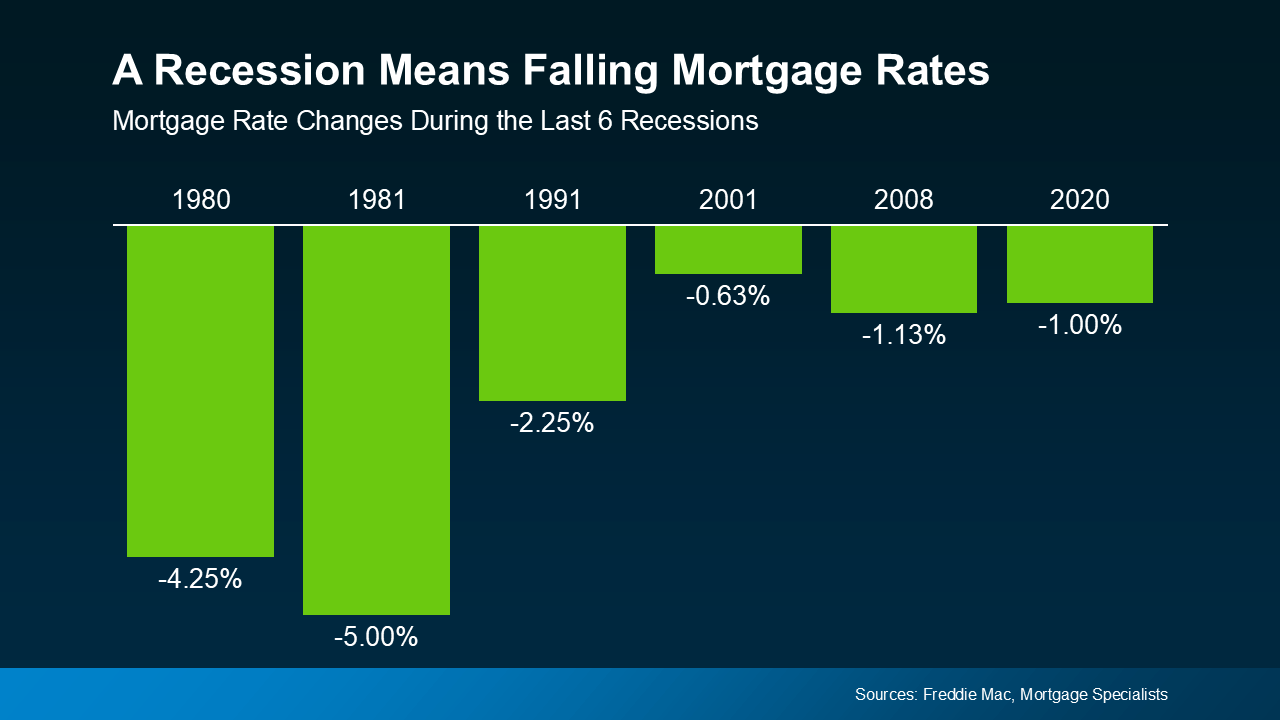
So, a recession means mortgage rates could decline based on the data. While that would help with affordability, don’t expect the return of a 3% rate.
Discover how an economic recession could impact the housing market, from property prices to mortgage rates. Learn what to expect and how to prepare.
recession, housing market, property prices, mortgage rates, economic downturn, real estate trends, homebuyers, sellers, housing economy, financial planning
Learn more:
A recession can have significant effects on the housing market, influencing property prices and mortgage rates. During an economic downturn, homebuyers may experience lower prices but face challenges like stricter lending standards. Meanwhile, sellers might see their home values decline, making it harder to capitalize on investments. Economic shifts may also alter real estate trends and influence the demand for starter homes. Being informed about financial planning and consulting with experts can better prepare both buyers and sellers for navigating a challenging housing economy. Understanding these factors is key to making wise decisions in uncertain times.
Bottom Line
The answer to the recession question is still unknown, but the odds have gone up. But that doesn’t mean you have to wonder about the impact on the housing market – historical data tells us what usually happens.
When you hear talk about a possible recession, what concerns or questions come to mind about buying or selling a home?
Categories
Recent Posts
